Advisory Committee
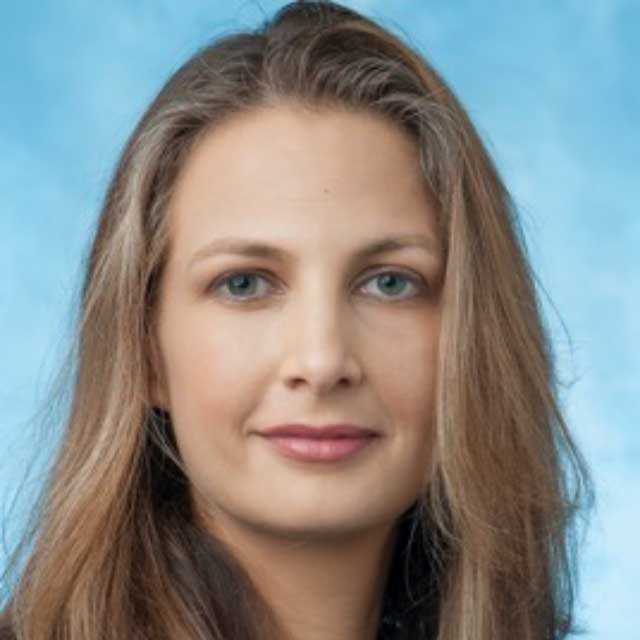
Claire Loebs Davis
she/her
Claire Loebs Davis is the managing partner of Animal & Earth Advocates, a Seattle-area law firm that brings public interest litigation on behalf of animals, wildlife, and the environment.
Claire’s experience with the Washington Department of Fish and Wildlife convinced her of the need to reform state wildlife management in Washington and elsewhere. She is a founding board member of Washington Wildlife First, a nonprofit dedicated to reforming wildlife governance in Washington.
After several years working as a journalist, Claire decided to pursue a career in law and attended the University of Michigan Law School. Following a clerkship with the federal Third Circuit Court of Appeals, Claire moved to Utah to serve as a legal consultant for Best Friends Animal Society, the country’s largest animal sanctuary and a leading national proponent of companion animal welfare. She later became a partner at Lane Powell PC in Seattle, where she started a practice group focused on wildlife and environmental litigation. Together with Ann Prezyna, Claire left Lane Powell in 2019 to form Animal & Earth Advocates.
Claire lives on Vashon Island with her son and partner. They share their lives with two rescue dogs as well as Balthazar, a rooster rescued from a cockfighting ring.

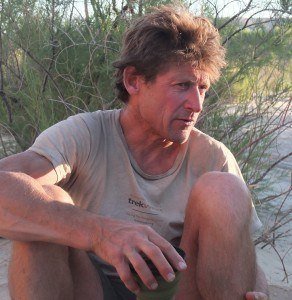
John Davis
John Davis is executive director of The Rewilding Institute and rewilding advocate for the Adirondack Council. John has assisted Adirondack Land Trust and Northeast Wilderness Trust with land stewardship in Adirondack Park, and has served on boards of RESTORE: The North Woods, Eddy Foundation, Champlain Area Trails, Cougar Rewilding Foundation, and Algonquin to Adirondack Conservation Collaborative.
John was the editor of Wild Earth journal from 1991-1996. He oversaw the Biodiversity and Wilderness grants program for the Foundation for Deep Ecology from 1997-2002. John joined the board of the Eddy Foundation to conserve lands in Split Rock Wildway, and was the conservation director of the Adirondack Council from 2005 – 2010. He returned to the Council staff in 2021.
In 2011, John completed TrekEast, a 7,600-mile wilderness exploration of the eastern United States and southeastern Canada. In 2012, he authored Big, Wild, and Connected: Scouting an Eastern Wildway from Florida to Quebec. John later trekked from Sonora, Mexico, to the Spine of the Continent and into southern British Columbia, Canada to promote habitat connections, big wild cores, and apex predators. Today, John works with many conservation groups to protect and reconnect wild habitats.

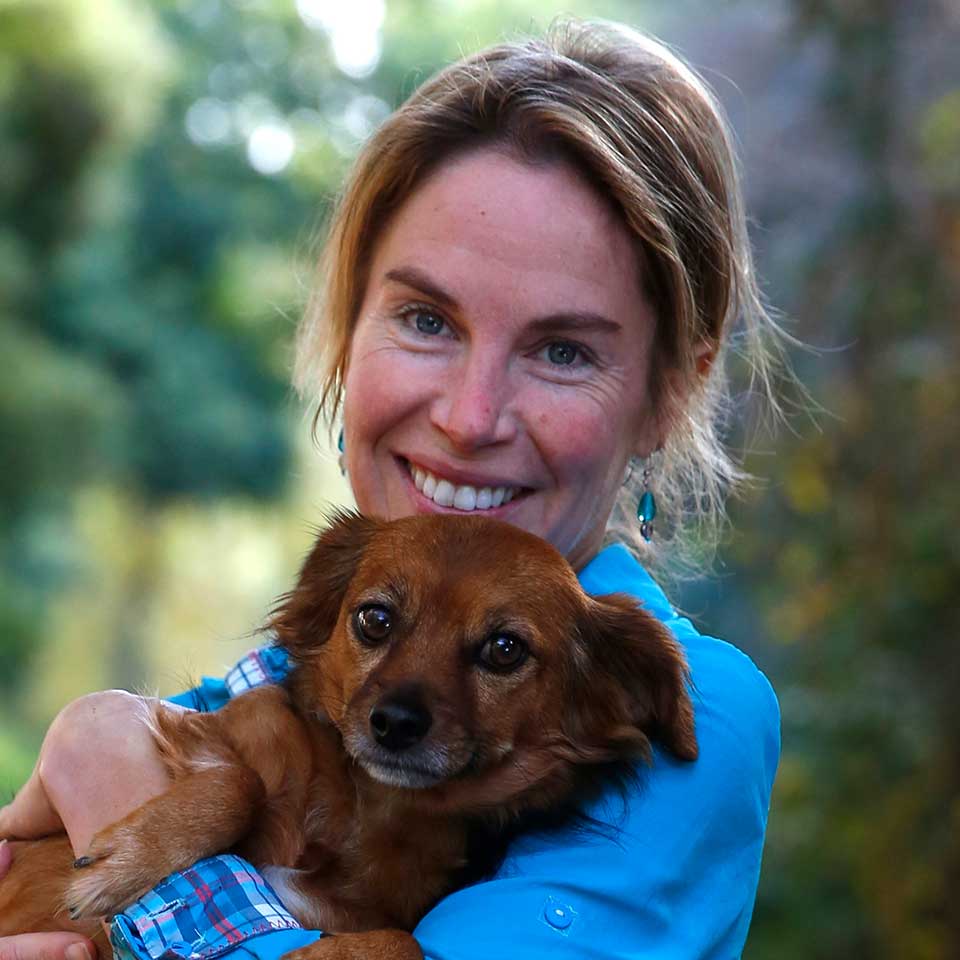
Camilla Fox
Camilla Fox is the founder and executive director of Project Coyote- a national non-profit organization based in Mill Valley, California that promotes compassionate conservation and coexistence between people and wildlife through education, science, and advocacy. She has served in leadership positions with the Animal Protection Institute, Fur-Bearer Defenders, and Rainforest Action Network and has spearheaded national, state and local campaigns aimed at protecting native carnivores and fostering humane and ecologically sound solutions to human-wildlife conflicts. With 25+ years of experience working on behalf of wildlife and wildlands and a Masters degree in wildlife ecology, policy, and conservation, Camilla’s work has been featured in several national and international media outlets including The New York Times, the BBC, NPR, and National Geographic. A frequent speaker on these issues, Camilla has authored more than 70 publications is co-author of two books: Coyotes in Our Midst and Cull of the Wild and co-producer of the companion award-winning documentary Cull of the Wild ~ The Truth Behind Trapping and director and producer of KILLING GAMES ~ Wildlife in the Crosshairs. Camilla has served as an appointed member on the U.S. Secretary of Agriculture’s National Wildlife Services Advisory Committee and currently serves on several non-profit advisory boards.

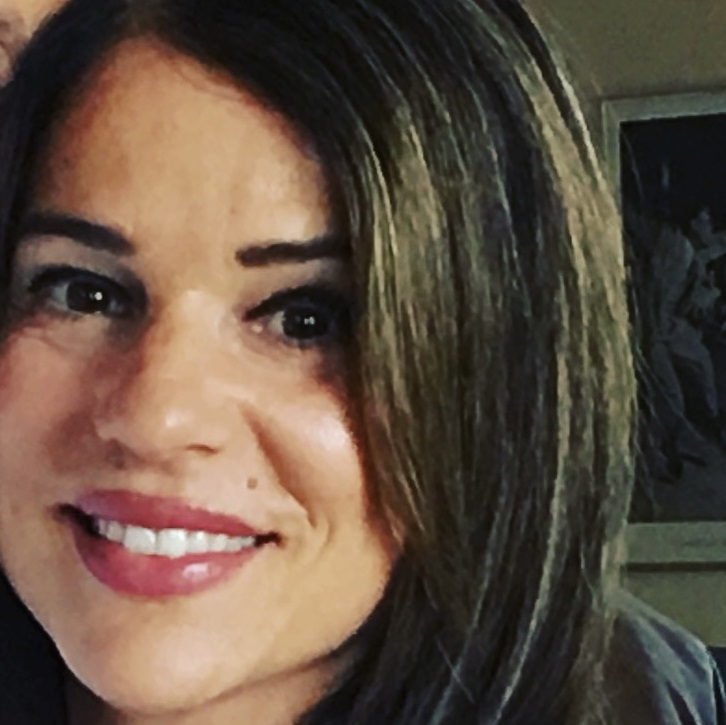
Brenna Galdenzi

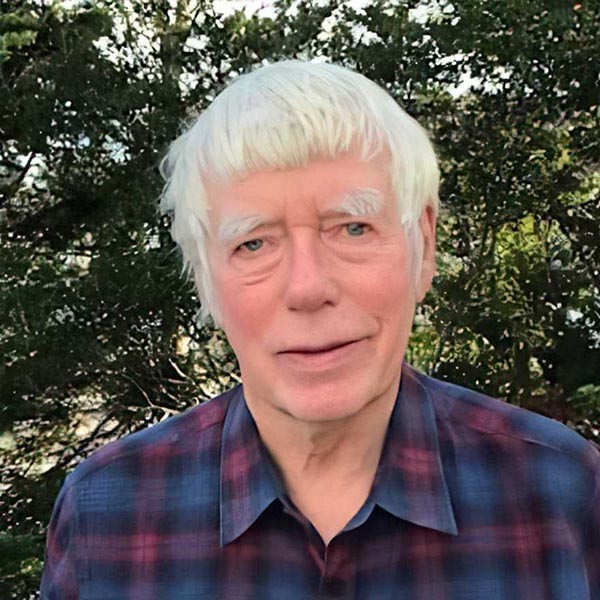
John Grandy, PhD
With extensive expertise in predator control and migratory bird issues in the United States, Dr. Grandy has worked to protect coyotes, end inhumane trapping, stop the slaughter of mute swans and end the wanton killing of rhinos, elephants and sharks, and has advocated for humane management of select wildlife and wild horse populations. For more than 35 years, Dr. Grandy directed the wildlife and habitat protection programs at the Humane Society of the United States (HSUS). He now devotes his time and expertise to The Pegasus Foundation and to the Pettus-Crowe Foundation as its Representative.

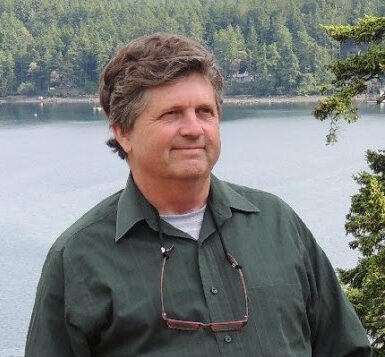
Fred W. Koontz, PhD
he/him
Dr. Koontz retired in 2017 after a diverse wildlife conservation career that included working: at
the Smithsonian’s National Zoological Park while obtaining a Ph.D. in ethology in 1984 from the
University of Maryland; the Wildlife Conservation Society as a Bronx Zoo Mammal Curator;
Wildlife Trust; Columbia University; and Woodland Park Zoo (Seattle, WA). In retirement, Fred
serves as Board President of Wildlands Network, whose mission is “to reconnect, restore and
rewild North America so that life in all its diversity can thrive.” He also is a Fellow at PAN Works,
an ethics think tank dedicated to the wellbeing of animals.
Fred’s field work focused on endangered species recovery in the US, Latin America, Africa and
Asia. Dr. Koontz was an adjunct professor and founding member of the Executive Management
Committee of Columbia University’s Center for Environmental Research and Conservation.
From 2011 to 2023, Fred collaborated with the Washington State Department of Fish and
Wildlife on endangered species recovery and served as a non-game and habitat advisor. He also
served in 2021 on the Washington Fish and Wildlife Commission after being appointed by
Governor Jay Inslee. These experiences sparked Fred’s passion for transforming state wildlife
agencies.

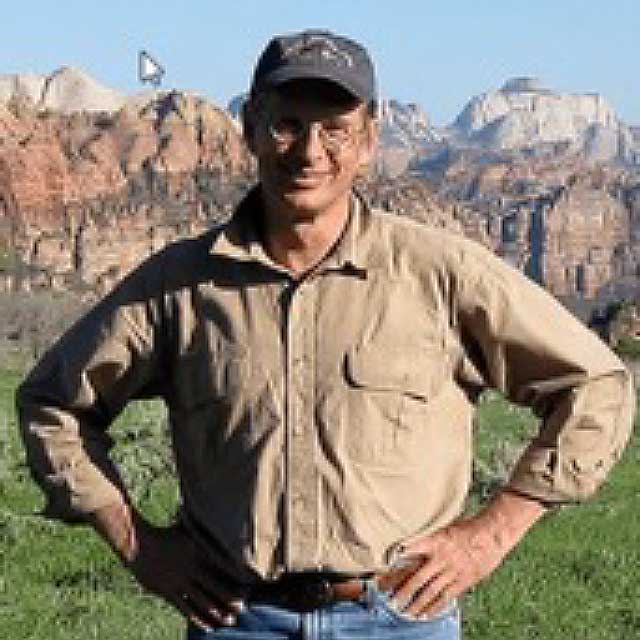
David Mattson
Dr. David Mattson is the founder of Grizzly Times. He has studied both grizzly bears and mountain lions for the last 35 years, including 15 years of intensive field investigations in Yellowstone. Dr. Mattson has pursued his interests as a Research Wildlife Biologist and Station Leader with the U.S. Geological Survey, as Western Field Director of the MIT-USGS Science Impact Collaborative, as Lecturer & Visiting Senior Scientist at the Yale School of Forestry & Environmental Studies, and as part of the Advisory Team for People & Carnivores. In addition to his research on Grizzly Bears, David Mattson is also intrigued by more human-centered interests, namely what goes on in peoples’ heads, especially that which is relevant to understanding policy dynamics and the role and effects of scientific information.

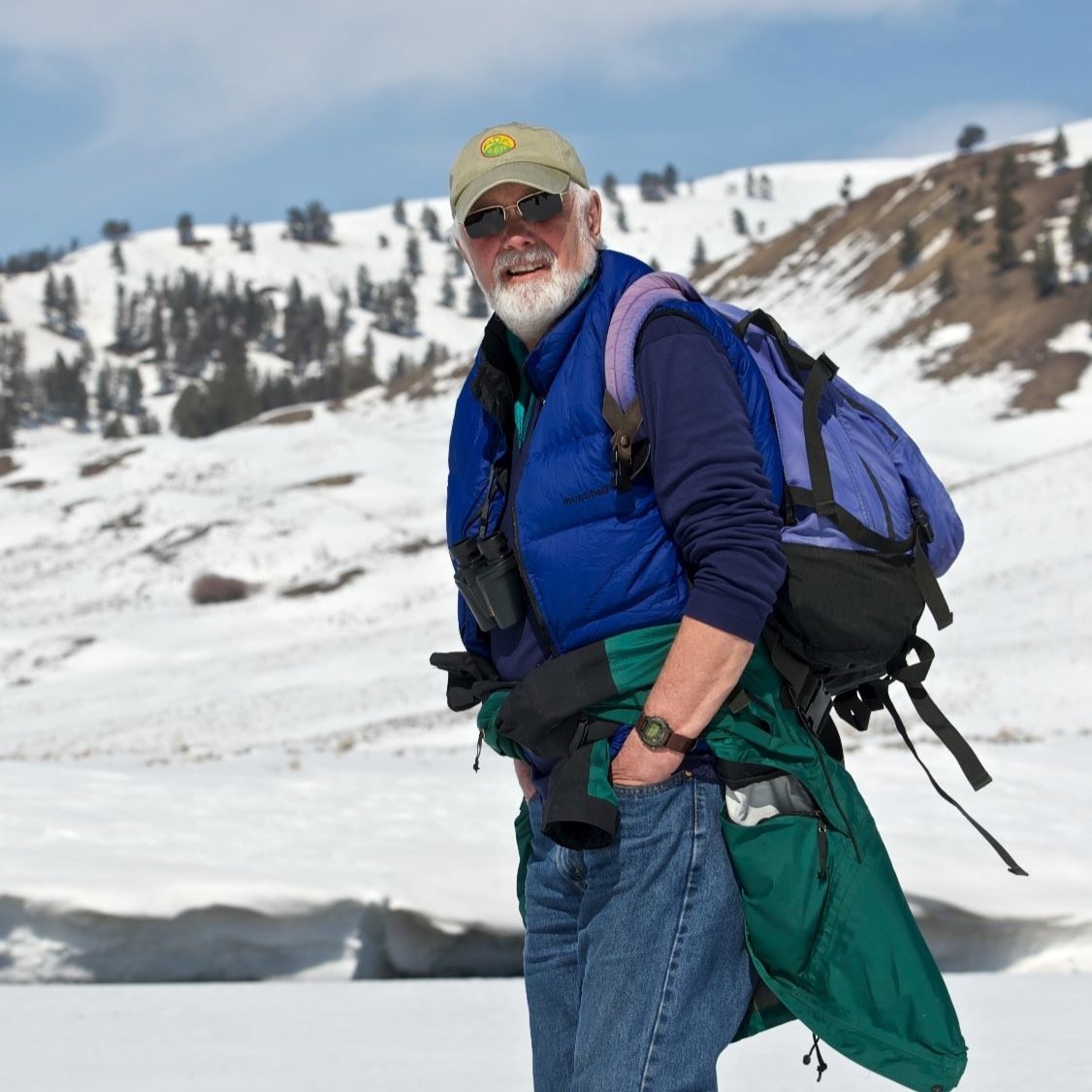
Walter Medwid
he/him
Walter served as executive director of the Adirondack Mountain Club, the International Wolf Center (IWC), Northern Woodlands and other environmental organizations before retiring in 2020. He received his degrees in biology, with an emphasis on environmental science and ecology. He has studied wolves in Yellowstone National Park, the Northwest Territories, Minnesota and Ellesmere Island in Canada’s High Arctic. Walter is a co-founder of the Vermont Wildlife Coalition, serves as an advisor to Protect Our Wildlife, is a member of IWC’s Education Committee and serves on the board of his county’s Natural Resources Conservation District. He has spent the last 15 years attempting to influence Vermont’s wildlife management policies.
Walter lives in Vermont’s Northeast Kingdom above Lake Memphremagog with his wife, rescue dog and demanding vegetable garden. He has spotted 181 bird species from his property. Walter is an avid hiker and an Adirondack 46er, having climbed all 46 peaks in New York State above 4,000 feet. His time on Ellesmere Island living with and studying a pack of Arctic wolves, as well as his time in Hinton, Alberta, in 1995 where wolves were captured and processed prior to their reintroduction to Yellowstone and Idaho, were seminal experiences shaping Walter’s commitment to matching today’s socio-ecological landscape with our approach to wildlife governance.

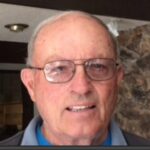
Don Molde
he/him
Don Molde is a retired psychiatrist, a Reno, Nevada resident for 51 years and a Nevada wildlife advocate for about 45 years.
In 1975 the local Reno paper printed a photo of a dead lion draped over the hood of a car, the hunter standing to the side and a caption stating there were only 39 mountain lions left in Nevada. When the wildlife commission told him the caption was wrong, that there were 750 lions in Nevada because a mountain lion hunter hired by the agency said so, Don heard the call for advocacy. Don has served on advisory boards and boards of directors for several wildlife organizations including the Defenders of Wildlife, the Nevada Humane Society, and the Mountain Lion Foundation.
In 2014, he co-founded Nevada Wildlife Alliance, filed a lawsuit against NWBC and the Nevada Department of Wildlife alleging failure to take action to protect non-target trap victims. In 2018, a second lawsuit was filed, alleging that the predator killing program by the commission and agency was seriously flawed. Unfortunately, both lawsuits came to an end this year unsuccessfully.
Don is now working with many others to seek democratic reform of the Nevada Board of Wildlife Commissioners via legislative action in the 2023 legislative session.

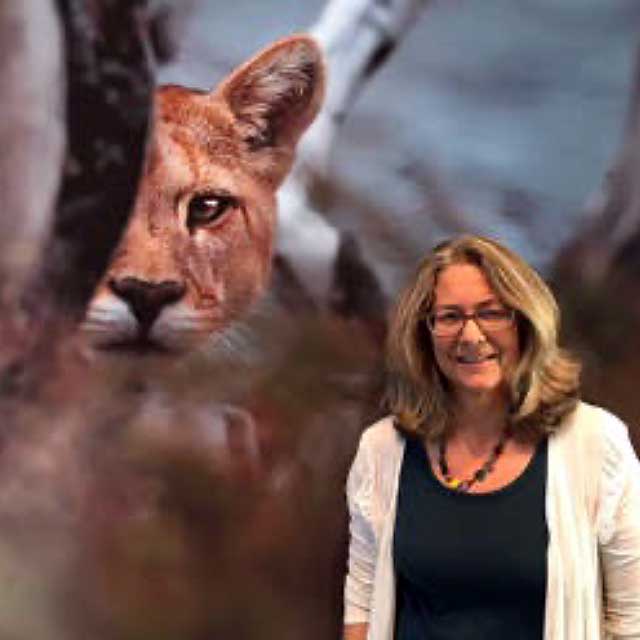
Sharon Negri
she/her
Sharon is the founder and executive director of WildFutures, a non-profit organization dedicated to advancing the protection of large carnivores, with a special focus on mountain lions. Through the power of education, media and the best available science, she has produced high profile books and films. Among her published works are Cougar Ecology and Conservation and Cougar Management Guidelines; as well as numerous reports and papers for foundations, agencies, and conservation organizations. She also produced the films The Secret Life of Mountain Lions, La vida secreta de los pumas, co-produced the award-winning film On Nature’s Terms – how predators and people can live in harmony, and television public service announcements on cougar and bear awareness and safety.
Sharon also co-founded the Mountain Lion Foundation and was instrumental in helping to pass a California ballot initiative that banned trophy hunting of mountain lions and allocated $30 million a year for 30 years to critical wildlife habitat. She also co-founded the Wild Felid Research and Management Association and served as co-director of the Grizzly Bear Outreach Project.In her role as director of WildFutures, she continues to provide consultation to a wide array of regional, state, national, and international wildlife organizations, coaches environmental leaders, and more recently helps advice funders to accelerate financial support to organizations addressing climate change and species extinction.

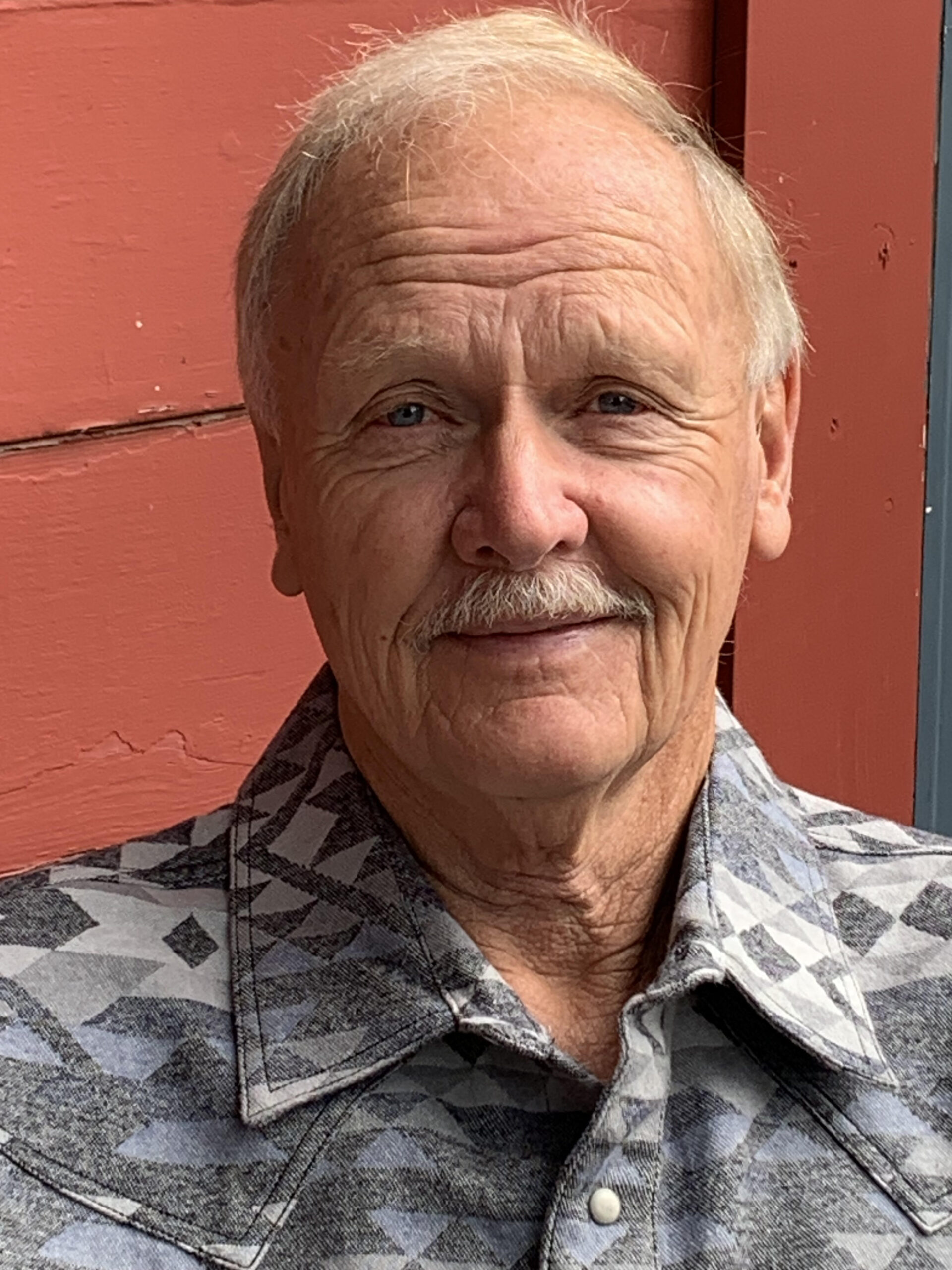
Carter Niemeyer
Carter Niemeyer has Bachelor of Science (1970) and Masters (1973) degrees in wildlife biology from Iowa State University. He has been a state trapper for the Montana Department of Livestock, and a district supervisor for USDA Wildlife Services in western Montana managing and controlling large predators. He was chosen as the wolf management specialist for USDA Wildlife Services covering the states of Idaho, Montana and Wyoming. In that position, he was responsible for livestock depredation investigation, as well as wolf capture and removal. Niemeyer was a member of the wolf capture team in Canada during reintroduction in the mid-1990s. In 2001 he was recruited by the U.S. Fish and Wildlife Service to run the agency’s wolf recovery program in Idaho, and retired in 2006, coincidentally on the same day that wolf management was officially handed over to the state of Idaho. He also has worked on wolf issues in Washington, Oregon and California, as well as England, Scotland, France and Kyrgyzstan. He wrote his first memoir, Wolfer, in 2010. His second memoir, Wolf Land was published in 2016. Carter lives in Boise, Idaho with his wife, Jenny. Most recently he served as an advisor on the Technical Working Group (TWG) in Colorado to
develop a plan to restore and manage gray wolves.

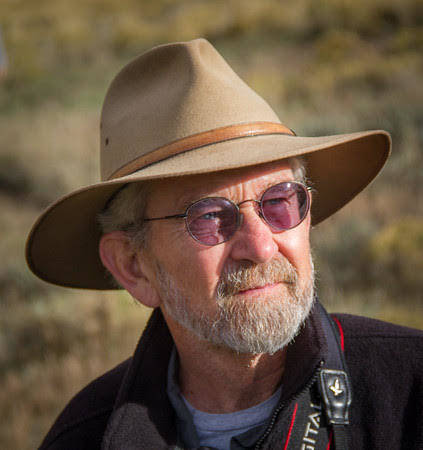
Dave Parsons
David Parsons received his Bachelors of Science degree in Fisheries and Wildlife Biology from Iowa State University and his Masters of Science in Wildlife Ecology from Oregon State University. Dave was a career Wildlife Biologist with the U.S. Fish and Wildlife Service, where from 1990 to 1999 he led the USFWS’s Mexican Gray Wolf Recovery Program. He was a graduate advisor in the Environmental Studies Master of Arts Program at Prescott College, Arizona, from 2002 to 2008. Dave’s interests include the ecology and conservation of large carnivores, protection and conservation of biodiversity, and wildlands conservation at scales that fully support ecological and evolutionary processes. He is the Rewilding Institute’s Carnivore Conservation Biologist and a member of the Science Advisory Board of Project Coyote. David does advisory work for organizations and coalitions advocating for wolf recovery and landscape-scale conservation in the Southwest.

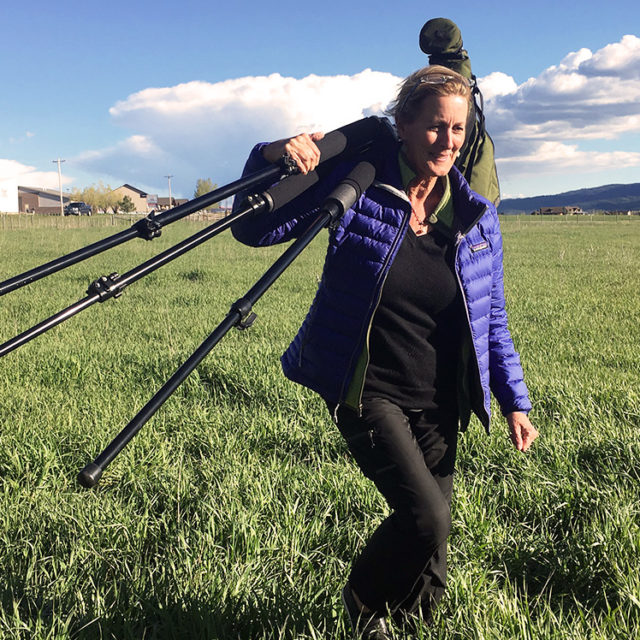
Lisa Robertson
Lisa is a co-founder of Wyoming Untrapped. She has been involved with land and wildlife conservation projects for more than 40 years. She pilots her small Cessna aircraft, from which she takes big-picture images of the landscape to document wild places, often those at risk. She has provided pro-bono aerial radio telemetry and monitoring for the U.S. Fish and Wildlife Service Wolf Recovery Project and for various non-profit organizations, agencies and individuals researching and documenting populations of wolves, grizzlies, cougars, coyotes, elk, pronghorn, mule deer, moose, lynx, owls, falcons and other birds. Whenever possible, laughter is on the daily agenda.

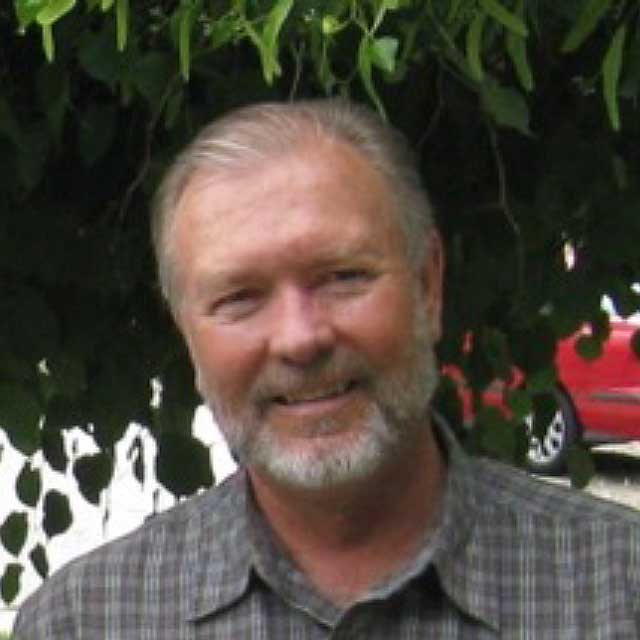
Kirk Robinson
Kirk was born in Salt Lake City, UT. He grew up in Bountiful, UT and graduated from Bountiful High School in 1966. Kirk earned a PhD in Philosophy at the University of Cincinnati in 1985. He later earned a JD and certificate in Natural Resource Law at S.J. Quinney College of Law in 2004.
After returning to Salt Lake City, Kirk taught philosophy as a university professor in Montana and Utah. Later, he founded Western Wildlife Conservancy in 1997. Western Wildlife Conservancy is a non-profit organization dedicated to wildlife conservation. It works to preserve and protect native wildlife species through research, education, and advocacy with a focus on the needs of large carnivores. Western Wildlife Conservancy envisions a network of protected wild landscapes across the continent. The organization envisions holistic, ecologically-based wildlife management guided by an ethical respect for the beauty of healthy ecosystems and the intrinsic value of all creatures, and wildlife governance that treats wildlands and wildlife as a public trust.
When he’s not working, Kirk spends time backpacking, enjoying fine tequila, and playing the guitar. Over the years he has spent much time exploring rivers, mountains, plateaus, and deserts in his home state and beyond.

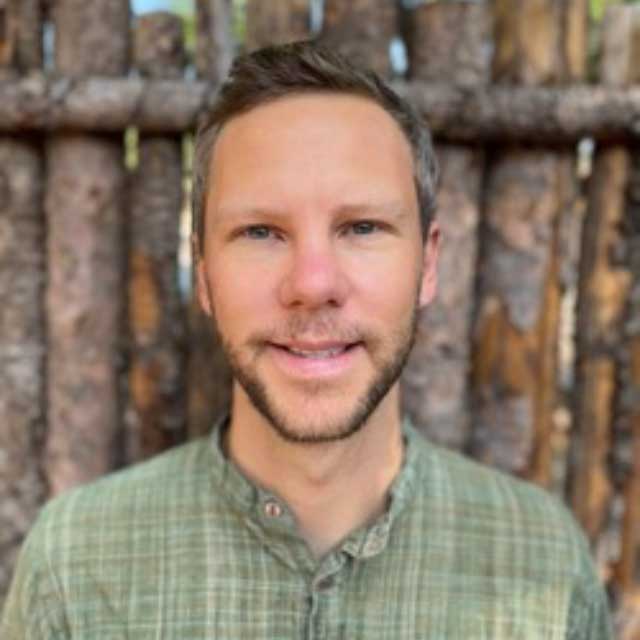
Chris Smith
Chris Smith has spent the past decade advocating for forests, rivers, fish, and wildlife in the Pacific Northwest and in the Southwestern deserts and mountains of his upbringing. He sees the need for a fundamental restructuring of wildlife governance in order to adequately protect biodiversity and the wild in the face of climate crisis, human expansion, and drought. Chris works from his hometown of Santa Fe as the Southwest Wildlife Advocate for WildEarth Guardians.

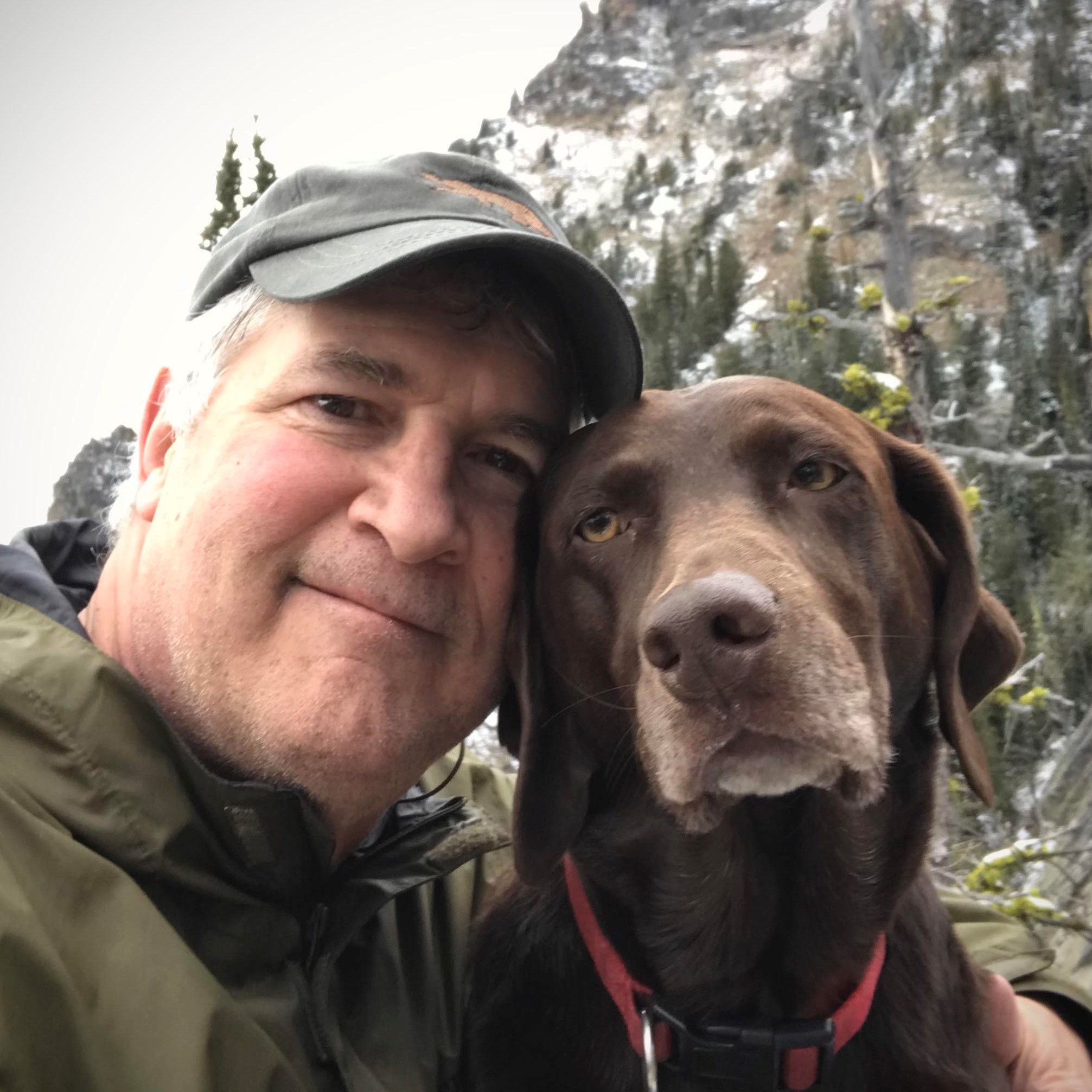
David Stalling

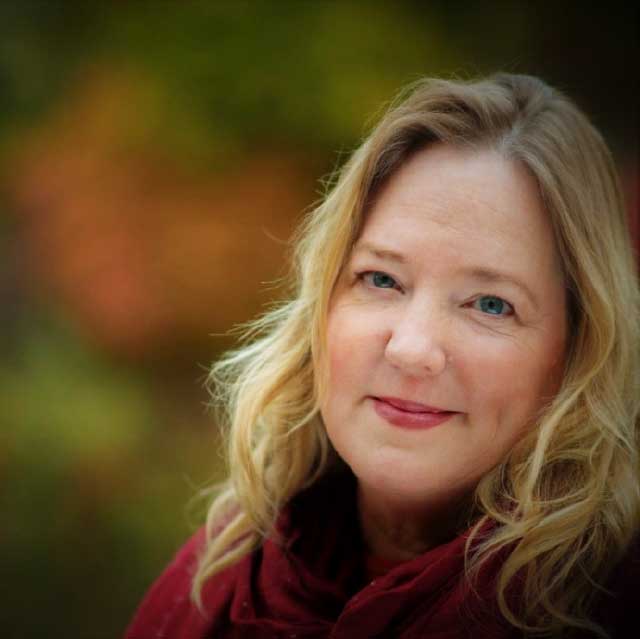
Suzanne Asha Stone
Suzanne Asha Stone has been on the front lines of wolf restoration in the Western USA since 1988. She began in the role of Boise State university intern for the US Fish and Wildlife Service, USDA Forest Service, and Nez Perce Tribe’s Central Idaho interagency wolf recovery steering committee. There she coordinated reports of wolf sightings around the state and helped the search to document wolves in the wild places of Idaho. After graduation, Suzanne served on the Central Idaho and Yellowstone wolf reintroduction teams in the mid 1990s, caring for wolves awaiting transport in northern British Columbia and releasing them in central Idaho. In 1999, she was recruited by Defenders of Wildlife as their Idaho based wolf conservationist covering wolf conservation across much of the West from the Rockies to the Pacific Northwest and California. Often her work placed her at the heart of the sociopolitical war over the return of the wolf where she recognized that wolves would never escape human persecution until people found a way to live in peace with them. Suzanne is now the Executive Director of the International Wildlife Coexistence Network where she is now helping to protect wolves and other imperiled wildlife with communities around the world.

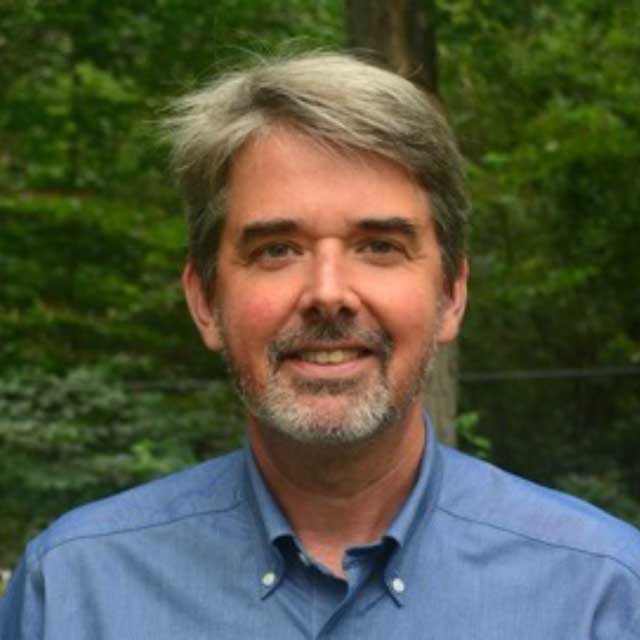
Adrian Treves
Adrian earned his PhD at Harvard University in 1997 and is a Professor of Environmental Studies at the University of Wisconsin–Madison. In 2007 he founded the Carnivore Coexistence Lab. For the past 27 years, his research has focused on ecology, law, and the human dimensions of ecosystems in which crop and livestock ownership overlap the habitat of large carnivores, from coyotes up to grizzly bears. He has authored more than 133 scientific papers on predator-prey ecology or conservation. Adrian Treves conducts independent research and advocates for future generations of all life, for scientific integrity, and for sovereign publics worldwide. He studies and speaks about the public trust doctrine and intergenerational equity around the world.

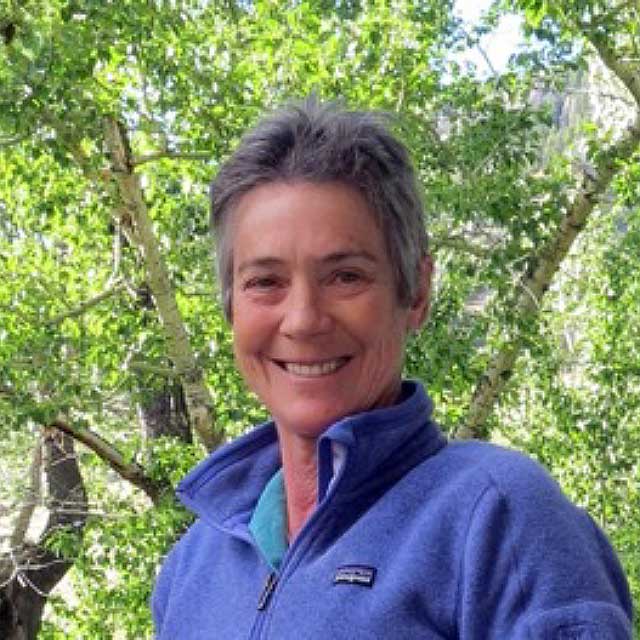
Louisa Willcox
Working for Natural Resources Defense Council, Sierra Club, Center for Biological Diversity and Greater Yellowstone Coalition, Louisa has advocated for preservation of wilderness and wild animals of the Northern Rockies for over 40 years. For more than 30 years, she has specifically focused on grizzly bear preservation. Louisa specializes in developing comprehensive strategies that succeed because they work on multiple scales using various approaches, including grassroots organizing and outreach, education, media and communication, policy analysis, lobbying, coalition development, and public protest. She is especially passionate about grizzlies, wolves and other large carnivores. In 2015, Louisa and her husband Dr. David Mattson started Grizzly Times, www.grizzlytimes.org, and a related podcast, https://www.grizzlytimespodcast.org/, to provide a voice for grizzly bears and the wild. Grizzly Times promotes awareness of grizzly bears and seeks to protect their bears themselves along with the ecosystems that they rely on. For more than two decades, Louisa and a handful of other activists have prevented the delisting of the grizzly bear in Yellowstone.
Louisa has a BA from Williams College and a Masters of Forest Policy from the Yale School of Forestry and Environmental Studies. She received a lifetime achievement award from Yale in 2014 for her work in preservation.

